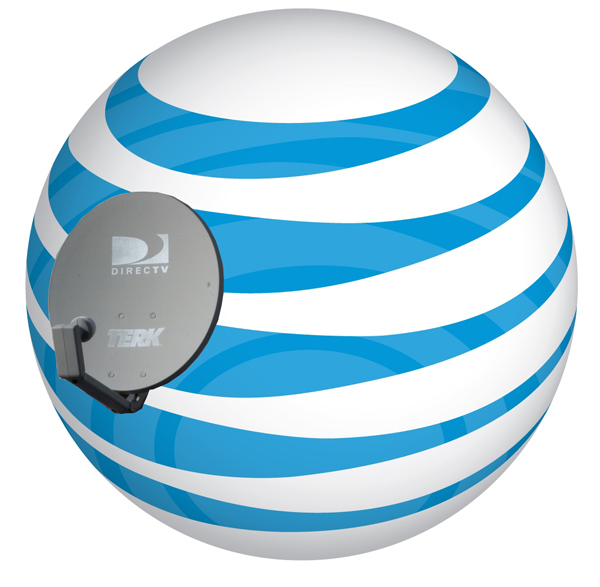The Death Star Finally Getting Its Satellite: FCC Moves To Approve AT&T, DirecTV Merger
 The $49 billion merger of AT&T and DirecTV began so long ago, there aren’t many of alive who can tell the origin story of this long-delayed marriage. Today, it looks federal regulators are willing to give their blessing to the union.
The $49 billion merger of AT&T and DirecTV began so long ago, there aren’t many of alive who can tell the origin story of this long-delayed marriage. Today, it looks federal regulators are willing to give their blessing to the union.
FCC Chair Tom Wheeler has confirmed that the agency’s five commissioners are now reviewing an order recommending conditional approval of AT&T’s acquisition of DirecTV.
“The proposed order outlines a number of conditions that will directly benefit consumers by bringing more competition to the broadband marketplace,” reads a statement from the Commish.
One requirement would purportedly result in 12.5 million locations having access to high-speed fiberoptic broadband, an increase of about 10 times AT&T’s current fiber footprint.
There are two conditions that specifically deal with the recently enacted Open Internet Order of 2015 (you might know it as Net Neutrality).
“AT&T will not be permitted to exclude affiliated video services and content from data caps on its fixed broadband connections,” explains Wheeler.
The second neutrality-related condition involves AT&T’s interconnection practices, meaning the way it handles its network’s connection to others on the Internet.
The merged company “will be required to submit all completed interconnection agreements to the Commission, along with regular reports on network performance,” says Wheeler, adding that there will be an independent officer in charge of ensuring compliance with these and other proposed conditions.
“These strong measures will protect consumers, expand high-speed broadband availability, and increase competition,” concludes the Commissioner.
The merger requires approval by both the FCC, which looks at the deal’s impact on the telecom market and on consumers, and the Justice Dept., which examines pending mergers through an antitrust lens. The DOJ folks have already given their go-ahead for this combination.
Though the AT&T/DirecTV deal was long-delayed, it never seemed doomed to the fate of recently blocked mergers like Comcast/Time Warner Cable or even AT&T’s failed attempt to acquire T-Mobile. In both cases, the merging companies backed off their nuptials after regulators let it be known they would fight them in court.
Want more consumer news? Visit our parent organization, Consumer Reports, for the latest on scams, recalls, and other consumer issues.

